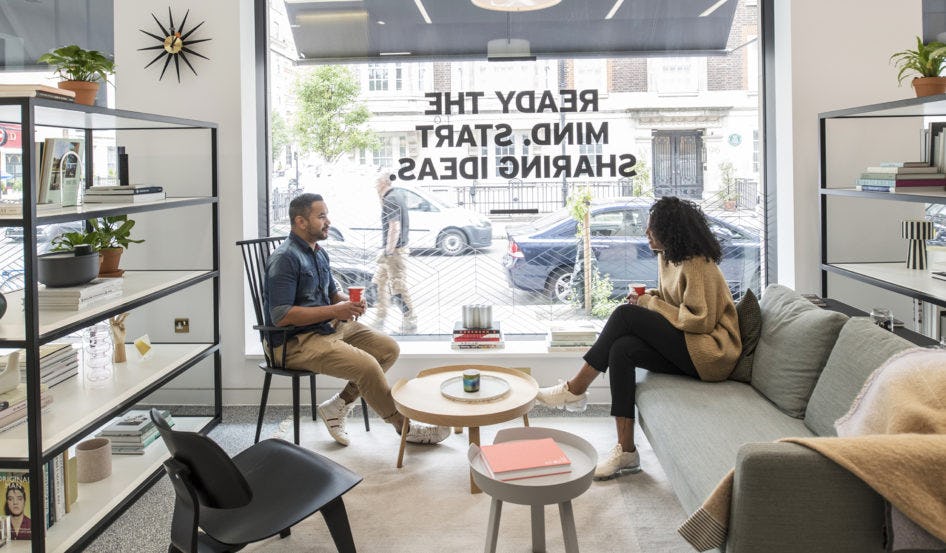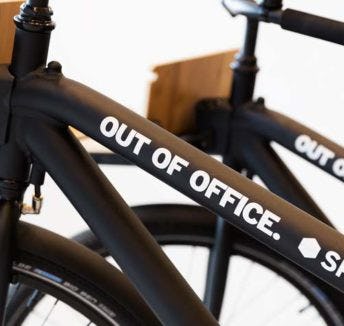
The trend for flexible working was growing before the pandemic, and now it’s bigger than ever. Here are five reasons why the shift to remote working will likely change the way we hire
1. It will enable businesses to hire talent from further afield
Following the pandemic, people are more motivated than ever by the desire to stay closer to our families, and to establish a better work/life balance. This could mean businesses need to accommodate remote working requests or think about offering office space closer to where people want to live – say, in the suburbs rather than cities. “From a talent-acquisition perspective, offering employees the option to work remotely can open more possibilities in who you hire,” says Kimberly Bowen, vice president of talent management at Unum, in HRE.
2. It’s better for parents and carers
Recent research by UK charity, Working Families, shows that more than nine in 10 working parents and carers surveyed want their workplace to retain flexible working post-COVID-19. The survey showed that while only 65% of respondents had flexible working opportunities before the pandemic, 84% are now working flexibly.
“While the kind of flexible working parents have experienced during lockdown is far from ideal, what it has done is prove that flexibility can be unlocked in many more jobs than previously thought,” says Jane van Zyl, CEO of Working Families. She points to the “productivity, talent attraction, and diversity” that flexible working could bring to the UK economy.
3. It encourages greater diversity
Flexible working also enables businesses to access candidates from diverse backgrounds who might otherwise be underrepresented. Tobin Murphy-Coles Head of Commercial at HR tech company, MyKindaFuture, suggests businesses looking to retain talent through confidence- and skill-building should turn the remote work environment to their advantage. “By providing access to one-on-one mentoring services, learning resources and forums online, the programme can be rolled out on scale without draining valuable resources, while allowing prospective employees the freedom to access the content on-demand, at a time that suits them,” he says.
4. Office space can be flexed up or down depending on recruitment
Long-term office space leasing looks increasingly old-fashioned in the new world of remote work. In May 2020, Facebook founder Mark Zuckerberg told staff the company would be “aggressively opening up remote hiring” from the summer. He expects half of its workforce to do their jobs outside Facebook’s offices over the next five to 10 years. Twitter has said employees can work from home “forever” if they wish, while Mastercard said it is currently looking at consolidating some of its offices.
“Post Covid-19, you can imagine many companies shrinking down their real estate and employees can just work from home. It will be an interesting proposition to see how employers can cater to different crowds,” says Adrian Tan, of workplace IT firm PeopleStrong.
5. It’s made remote work ‘an essential’
Pre-pandemic, a 2018 survey by Deloitte showed that flexibility (in terms of working hours and location) was the third most important factor to young workers. Half of Millennials and 44% of Generation Z described it as ‘very important’ when choosing whether or not to work for an organisation. Today, remote work is likely to be viewed more as an essential by employees. “I don’t look at it as a perk; I look at it as a requirement,” says New York-based web developer Rob Osoria speaking to Recode. His team has increasingly moved to remote work, even though his overall organisation hasn’t. “Whoever I work for next, if they tell me I can’t work remotely, I’m not working for them.”
We’ve witnessed how quickly the world can change. To deal with this change, flexibility is key. That’s why Spaces offers flexible terms to grow with you and allows you to adapt when needed. Find out how we can support your business today.
Share this article
 Read now Cheat sheet: five things to know about remote working and the environment
Read now Cheat sheet: five things to know about remote working and the environment
 Read now Five facts about the future of business travel
Read now Five facts about the future of business travel